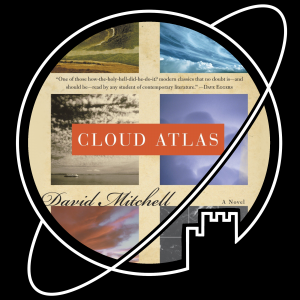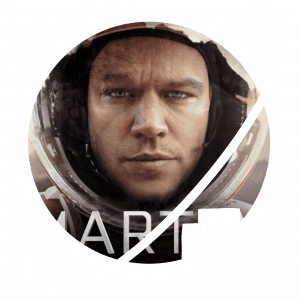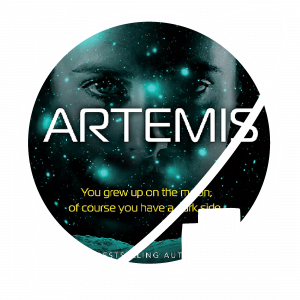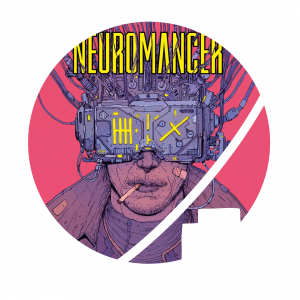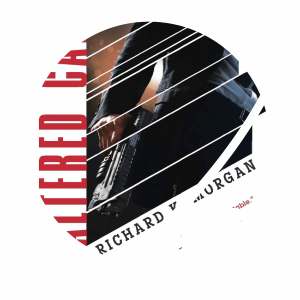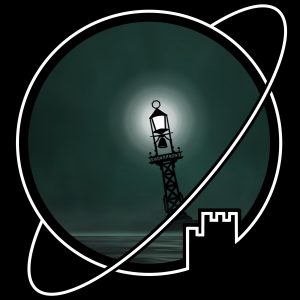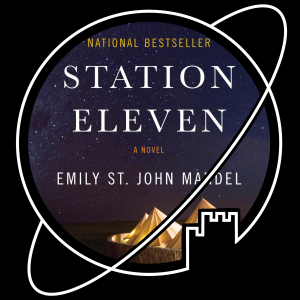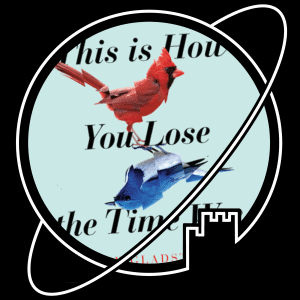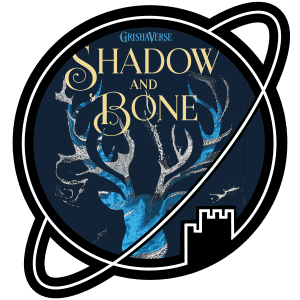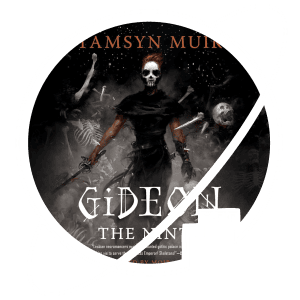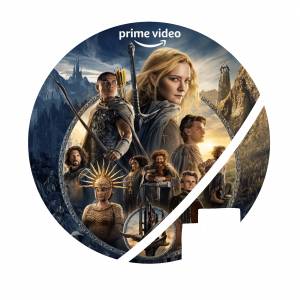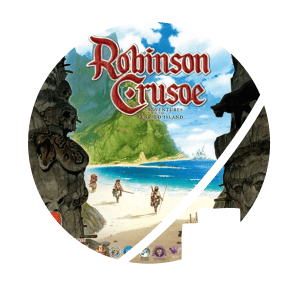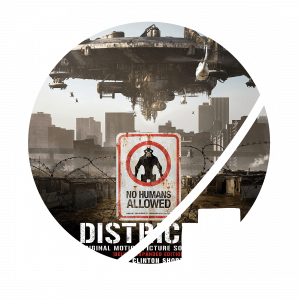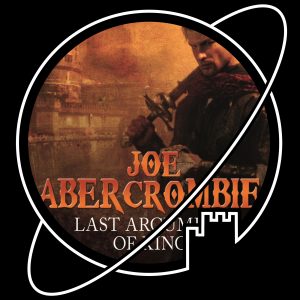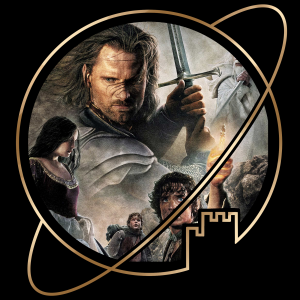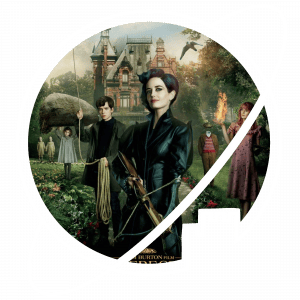Welcome to the Escape Velocity Collection!
We are an opinionated group of friends reviewing all sorts of fantasy and science fiction media. Don’t forget to get to know the curators and visit our curated Collection, where we discuss the stories that never cease to transport us to another world.
Will you escape with us?
LATEST POSTS:
- Novel written by David Mitchell
- Published 2 September 2014
- Standalone
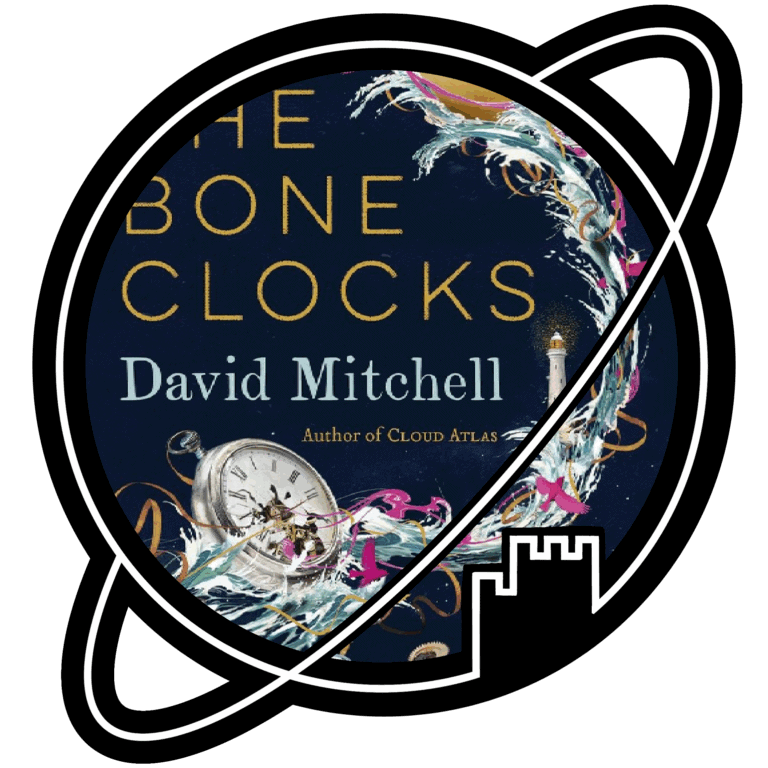

I am an absolutely massive David Mitchell fan, and for some reason that put me off reading The Bone Clocks for literal years, not because I didn’t want to, but because for some reason the time never felt ‘right’. It took me a moment of realisation to get over that and just grab it to read om my commute.
And of course, it was amazing!
Like we have come to expect from David Mitchell, The Bone Clocks is a genre-hopping (mostly) urban fantasy book with several layers of mystery.
Part of what makes this book so great is that it starts slowly, with the supernatural merely a suggestion. As the story develops and the characters and point of view shift, that weird scene at the end of the previous story slowly fades into the background – and both the reader and the character themselves start questioning the main character’s sanity.
But as Mitchell dips in and out of the supernatural and the fantasy elements become more real, the reader realises this is not just a literary story with some magical elements but a full-blown urban fantasy.
I can’t add much more detail without risking spoiling the story, but it soon devolves into an occult war with a butter soft magic system but really cool jargon.
Remember though, this is still David Mitchell. So despite all the genre-fiction going on in the background, most of the story is more about the characters than the plot, which only takes centre stage in a couple of chapters.
And, again, as we expect from Mitchell, the characters are diverse and their stories varied, from a rebellious teenage girl to a war correspondent, from a posh student to a has-been writer. And, of course, as we expect from Mitchell, their stories are expertly interlinked.
And that isn’t even all yet.
To top it all off, the final section of the book presents an (almost) stand-alone post-apocalyptic story that is so good that I almost wonder whether it could not have been material for a book on its own – the world-building is superb, especially for how short the section actually is.
Overall, I am absolutely kicking myself for not reading The Bone Clocks when it was originally released. It is one of the best books I have read in years, and if it is not on your list you are definitely missing out.
Tagged:
See also:
- Book written by Andy Weir
- Published in 2021
- Standalone


I can’t believe I didn’t pick up this book sooner. I really enjoyed The Martian, and I also read Weir’s second book, Artemis. I didn’t review Artemis, so I couldn’t tell you exactly how I felt when I’d just finished it, but I believe my opinion was somewhat similar to Peter’s: a fun book, similar to The Martian but not as good.
So then the question is: was the Martian just a one-off? Can Weir escape the legacy of his publishing debut? I’d say the answer is yes. But also no. Let me explain.
Project Hail Mary is in many ways extremely similar to The Martian. We follow a stranded space traveller on a mission to save planet Earth. He’s the only survivor on his spacecraft, and throughout the book, he’s faced with challenges that he has to solve through his own creativity and (of course) ridiculous level of intellect.
Is Weir just repeating what he’s been doing all along? Yes. The problem is that he just does it really, really well. As far as I’m concerned, if he can keep cranking them out at this level of quality, I will read every book about a lone space traveller solving problems that the man wants to write.
Weir’s writing is so fun that I don’t even care that all his protagonists are essentially the same person. The only thing he doesn’t write super well are the scenes back on earth. You can tell he’s just not that comfortable writing scenes with more than one type of character (smart, sassy man), and the other characters tend to fall a little flat. Fortunately, he more than makes up for this with the character of Rocky. I will not elaborate further. Read the book. You will understand.
Project Hail Mary is easily better than The Martian. I cried actual, genuine tears while reading this book.
- Novel written by Ken Liu
- Published 9 October 2025
- Apparently the first part of a planned series on Julia Z
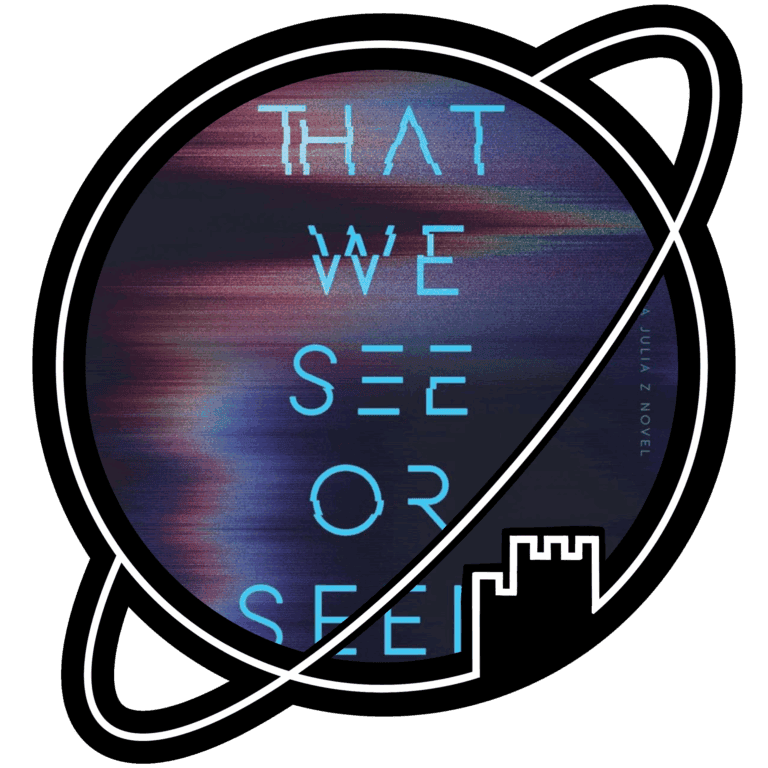

Listened to the audiobook with Kat Cleave – fine narrator.
I really liked The Paper Menagerie, so I was keen to try out some of Liu’s longer work. When The Grace of Kings disappointed, I chalked that up to the fact that it felt a little like an overreach – an attempt to squeeze an incredibly complex period in Chinese history into a fantasy setting. It read like Liu was trying just a little too hard to write a magnum opus. I figured that was a fluke and I was glad to find that Liu returned to sci fi for All that we See or Seem.
Only to find that his latest novel fell flat for me too.
The pitch is good, if a little generic – a loner with a skillset that wants to be forgotten by the world is pulled into One Last Case. The ‘twist’ here is that our loner is not a jaded, white, male, detective, but rather a young woman hacker.
Unfortunately, the story that spins from the prompt failed to excite me.
Part of the reason must be that the characters didn’t come alive. Perhaps the characters felt so flat because it appeared to me Liu was more excited about showing off his research into near future tech ideas than fleshing out his characters. Admittedly, there are a number of thought-provoking nuggets in his descriptions of technology. However, his dystopian vision of our near future – while not at all improbable – feels like it lacks imagination. And even though it hogs the limelight, frustratingly, it never feels like it is central to what is going on.
Liu’s focus on explaining the details of AI hacking or phone data tracking comes at the cost of developing, for example, his villain. Cartoonishly evil and without any form of motivation or background, his largest contribution to the novel are his phone calls to his equally generic goons.
The villain is not alone in this. My suspense of disbelief was thoroughly tested by a number of other moments that felt straight out of a cartoon. From improbable puzzles to listening in on the bad guys’ poorly scripted video game dialogue, from analysing company policy for determining what car to steal to analysing in what pot of food to hide one’s drone, All What We See or Seem is plagued by regular sections of underdeveloped prose that an editor should have taken an axe to.
Overall, All That We See or Seem is just the umpteenth cyberpunk noir that focusses on exploring a drab near-future dystopia over its own characters or message. My conclusion is that I should probably stick to Ken Liu’s short form fiction.
Tagged:
See also:
- Novel written by H.G. Wells
- Published in 1896
- Standalone


Listened to the audiobook with George Griffin – well read.
The Island of Dr Moreau is some of the very earliest works of science fiction ever, and honestly, it didn’t quite click for me.
The story is really simple: a cast away washes ashore on an island that is home to a race of strange human-animal hybrids, that turn out to be sutured together by a mad scientist that is trying to prove a point. When his influence over them wanes, they revert – some more slowly than others – to their animal nature, and the protagonist has to flee the island and get back to the world of men.
If I were brutally honest, I would say that that is a plot on the level of a children’s comic book.
Now, of course, the we should not forget that this novel was published in 1896. The mad scientist might have found his origin in The Island of Dr Moreau (to those of you who would accuse Victor Frankenstein of starting this trope instead, I challenge you to read the book!). So we need to cut Wells some slack.
But even with a lot of slack, I feel The Island of Dr Moreau doesn’t really rise much above the level of a simple adventure story.
Perhaps the idea of vivisecting and rebuilding animals the way Moreau does in this novel was an interesting or even vaguely plausible science fiction concept in 1896, but 130 years later it strikes the reader as rather fanciful.
The science fiction and the plot might be a little simple, but Wells wouldn’t be famous over a century down the line if he weren’t a good writer. There are certainly parts of The Island of Dr Moreau that prove that.
The best element of the story is probably the struggle of the beast-men to retain their human side. Made to be more than beasts, they are proud of their humanity and want to remain rational. But the moment their strict regime breaks down, they start reverting to their animal habits despite themselves.
I found that idea – that you may reshape an animal but that it will always revert to its nature – a sad but nevertheless thought-provoking message. It underlines Moreau’s hubris and his cruelty in making these animals something they are not.
In the end, I am happy to have crossed a classic like The Island of Dr Moreau off my list, but I am not sure this is a book that I would recommend to 21st century readers. A cornerstone of the genre, perhaps, but one best appreciated in its foundational role not examined individually.
- Novel written by Emily St. John Mandel
- Published 2022
- Standalone, loosely connected to The Glass Hotel
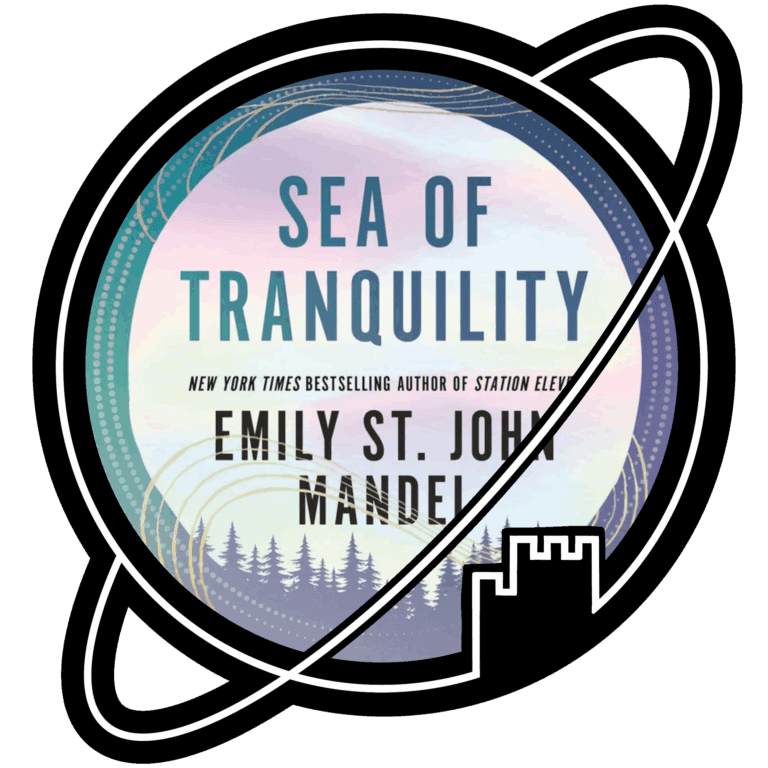

Listened to the full-cast audiobook with Kirsten Pitter, Arthur Morey, John Lee, and Dylan Moore. Well read, though perhaps this was not the book that was improved most by the full cast performance.
Borderline 2,5-3 stars. The bottom line of this review is that I did not not enjoy my time reading Sea of Tranquility but I also read it a couple of weeks ago and I already forgot that I did – I only remembered when I saw I noted it on my to review-list.
Sea of Tranquility is the kind of novel that I could have really loved. It has a time travel plot that is neatly slotted together (if not particularly sophisticated or unexpected), with interlinked and intertwined stories – that is the kind of book that tickles my fancy.
And there are other positives too – the book is character and emotion focussed and even though the separate stories mean that you don’t spend as much time with each of the characters as you might in another novel, I connected with them well. The prose is atmospheric, good at establishing a vibe in all the scenes.
On the other hand, it all remains pretty vague.
For example, the book takes place over different timelines and geographic locations, but I feel the effort to differentiate them fell a little flat. The one person we properly meet in 1912 happens to be the one who opposes colonialism, so we St John Mandel never really needs to portray a true denizen of the antebellum and get into their mindset. When we get to the 2200’s, the characters are still discussing sexism and the division of task in raising children between husband and wife.
I am not saying that those might not have been or might not be topics of discussion in those far away times, but it is obvious that these are discussions from today that are projected on distant characters with no apparent effort to place them in their (imagined) context.
The same goes for the small details of worldbuilding. Are people going to be doing a physical book tour selling physical books in the 2200s? Is it ever really going to be feasible to commute from the earth to the moon? Why are people traveling in time to begin with again?
All in all, the strongest sections of Sea of Tranquility are those taking place in the here and now, where the relatively mediocre sci-fi elements don’t get in the way of enjoying a good emotion-driven scene.
In conclusion, I am on the fence. At its best, Sea of Tranquility is a nice atmospheric and emotional drama, with a properly designed if a little cliché time-travel puzzle on top. At its worst, Sea of Tranquility is a poorly executed Cloud Atlas-clone that doesn’t get what makes that book so impressive. Make of that what you will.
Tagged:
See also:
- Novel written by Arlette Krijgsman
- Published in 2025
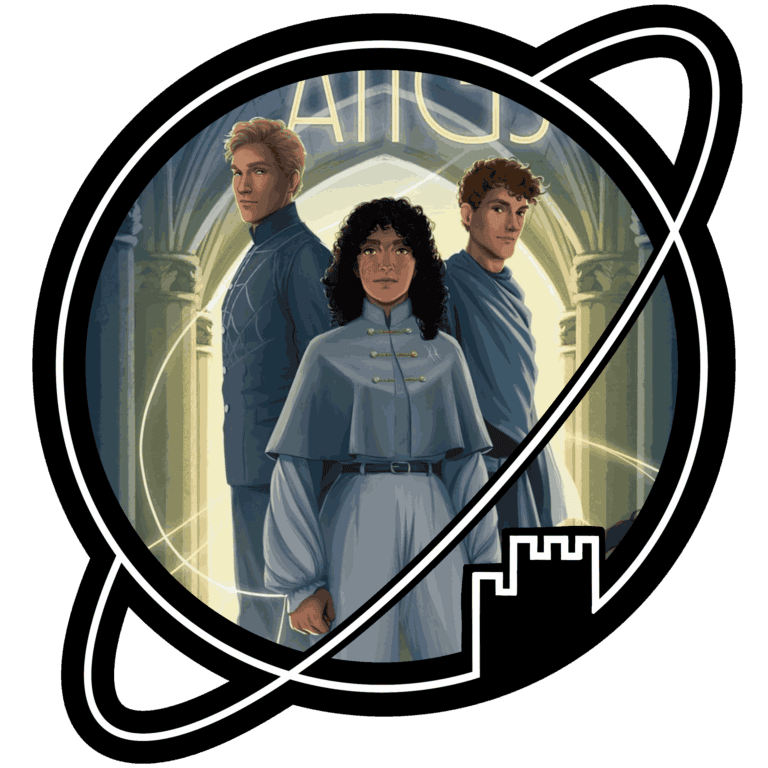

I don’t read a lot of (read: any) Dutch Fantasy. I picked up Web van Angst (Web of Fear) because it was written by Arlette Krijgsman, a member of Het Papieren Zwaard. HPZ strives to encourage and promote Dutch Fantasy. I’ve read some of their story bundles, and they feature really good Dutch Fantasy stories. So when I heard Arlette had her book traditionally published after winning a writing competition, I obviously had to pick it up.
Web van Angst is a Young Adult novel, which is clear in some ways, but I would say it exceeds the age bracket in others. The cover features stunning art by Tara Spruit, in a style that does seem more geared towards younger readers, featuring the three main characters facing the front (though there’s plenty of downright cartoonish covers hiding extremely smutty adult books these days – so I guess you really can’t judge a book by its cover). The writing style is very accessible as well, and while the book deals with heavy topics, they are handled in a very respectful way.
The story itself is an exploration of such a heavy topic. In a world where fear turns into literal monsters, there’s lots of space to explore how we (should) handle fear and anxiety. The Daimons are hardly a subtle metaphor, but as a concept, they work really well, and I’m interested to see where Krijgsman takes the metaphor in the sequel(s).
The worldbuilding of Web van Angst is solid. There’s a lot going on, but it never becomes confusing. The characters are easy to relate to and feel very real. There’s definitely a lot still unsaid with regard to their backstories, but then the story isn’t over yet.
I’d definitely recommend Web van Angst if you speak Dutch and want to check out some Dutch Fantasy!
Tagged:
See also:
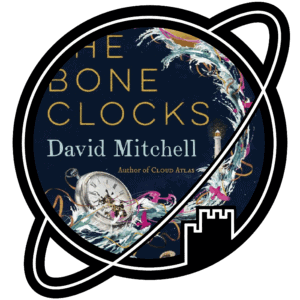
Review: The Bone Clocks – David Mitchell
Holly Sykes runs away from her parents to go live with her boyfriend, but that does not go as she expects. Hugo Lamb is a student at Cambridge, and an expert at cheating his friends. Ed Brubeck is a war correspondent who finds it impossible to settle down with is family in England. Crispin Hershey once wrote a good book and has been looking for that spark ever since. All of their stories are tied together by a secret war between two cults of psychic immortals.

Project Hail Mary – Andy Weir
Ryland Grace wakes up from a coma to find himself alone on a starship in outer space. With the rest of his crew dead and his memory only slowly coming back to him, he realises he’s faced with an almost impossible task: saving the human race on his own. But Ryland soon realises that he’s not as alone as he thought.

Review: All That We See or Seem – Ken Liu
Julia Z is a privacy-minded young woman with a history. She is also a a hacker and really good at her job. When a man shows up at her doorstep to ask her help in finding his abducted wife, she is forced to leave her life of carefully constructed quiet obscurity behind her to find a dream-weaving artist that dreamt with the wrong man.

Review: The Island of Doctor Moreau – H.G. Wells
Edward Prendick is shipwrecked and ends up on an island where he is taken in by the famous Dr Moreau and his assistant Montgomery. Prendick soon finds the island is inhabited by a whole host of human-animal hybrids. Can it be that the famous physician Moreau built these creatures – and must Prendick fear that he will be the subject of Moreau’s next experiment?
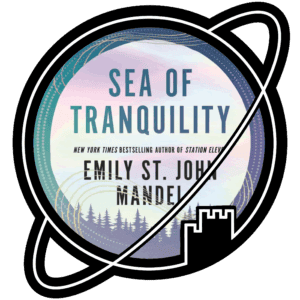
Review: Sea of Tranquility – Emily St. John Mandel
An early 20th century minor noble is exiled to Canada for his progressive ideas. A woman in the 2020s is trying to find out what happend tot an old friend. A writer in the 2200s is struggling to balance family life with a book tour. A detective in the 2400s is trying to resolve an anomaly in time that ties their stories together.
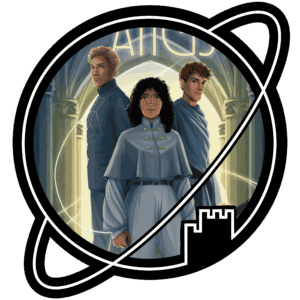
Review: Web van Angst – Arlette Krijgsman
In the city-state of Agathon, citizens must take a daily drug called peras to suppress their fear. This is vital because the fears of the inhabitants of Agathon manifest as Daimons: shadow monsters that can only be controlled by “Apaten”. At the prestigious Ataraxia Academy, Clara is training to become an Apaat, until one night she and her friends find themselves in the wrong place at the wrong time, and her whole world is turned upside down.











